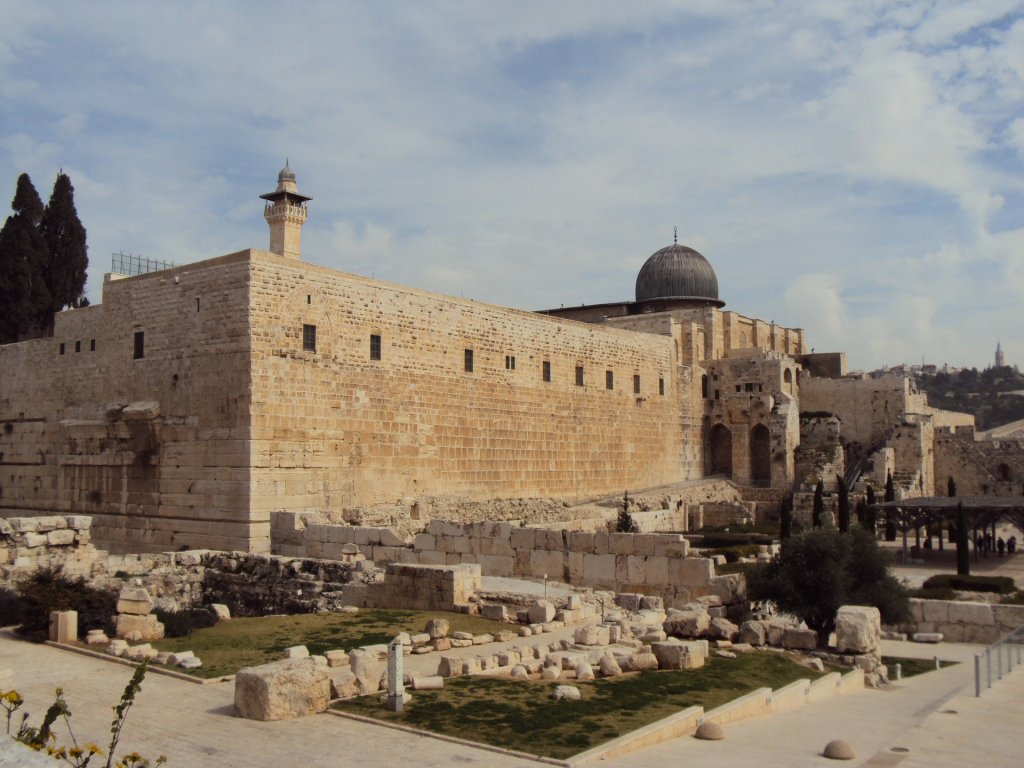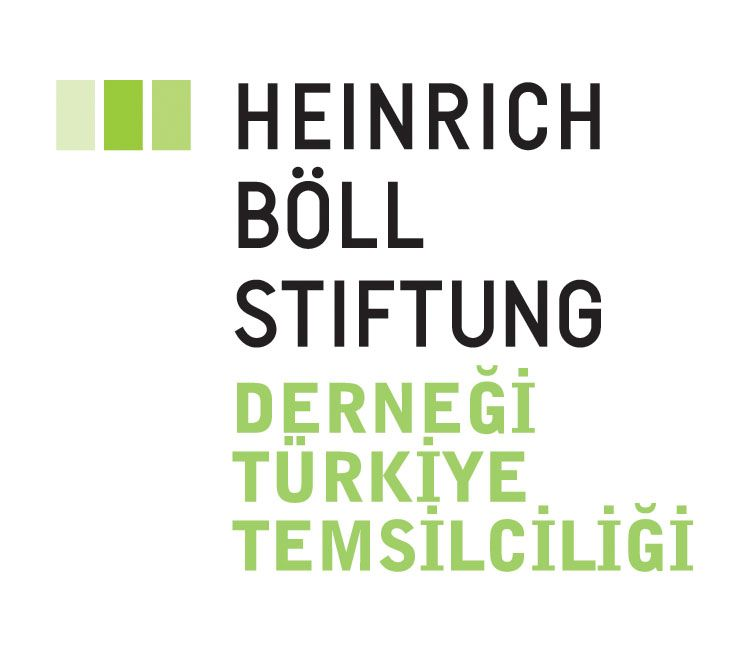
A new era began in Turkey-Israel relations. After a long marathon of diplomacy, the rapprochement, which became visible with Israeli President Yitzhak Herzog’s highly publicized visit to Ankara on March 9, 2022, took another step forward with the meeting of President Recep Tayyip Erdoğan and Israeli Prime Minister Yair Lapid in New York, during the United Nations General Assembly meeting in September. Apart from President Erdoğan’s encounter with an Israeli prime minister for the first time since December 2008, another symbolic meaning of this date was that it was indeed the starting point for the deterioration in bilateral relations. At the time, Erdoğan played the role of facilitator in the talks between Syria and Israel. However, a rupture in Turkish-Israeli ties began with the Operation Cast Lead in Gaza on December 22, 2008, shortly following the return from Turkey to Israel of then-Prime Minister Ehud Olmert.
Turkey and Israel reappointed respective ambassadors more than four years after they were called back. The decisions to raise diplomatic relations to the high-ranking level and to appoint ambassadors depict the positive advancement reached in the normalization process between Turkey and Israel. However, if Turkey and Israel are to succeed in their goal of strengthening ties, they must re-establish trust and harmony in their relationships. Reaching the level of an alliance the two countries enjoyed in the 1990s will be a long and challenging journey. The primary barrier to this is the mistrust and suspicion between the two nations due to the extended period of estrangement and detachment. While a serious effort must be made to rebuild trust, let us remember that the normalization in bilateral relations is not happening because the two countries’ leaders trust each other but because both countries need it.
Meanwhile, regional balances changed in favor of Israel during the deterioration of relations. While Turkey isolated itself due to its foreign policy choices, the regional balances changed in favor of Israel with the successive launches of the Abraham Accords, the Eastern Mediterranean Gas Forum, and the Negev Forum. Israel currently has a strong regional presence and is self-assured in the strength of its economy and military power. Although this does not reduce Turkey’s importance in Israel’s eyes, it nevertheless eases its hand regarding its expectations. In this context, the normalization process is proceeding in a delicate balance, and failure to meet expectations may adversely affect the momentum already achieved.
In recent years, Ankara has aimed to expand Turkey’s military and diplomatic influence in its neighborhood through an assertive shift in its foreign policy. However, this strategy has angered both its allies and neighbors. Lately, Turkey noticed that the ideologically based foreign policy decisions it has been pursuing for some time had caused isolation in the international arena. Additionally, Ankara realized that due to its foreign policy shift, it could not find a country to stand with it even on the issues where it is on the right.
Despite initially remaining out of the substantial developments in the region, particularly the Abraham Accords, Turkey has recently made overtures to various countries, including Israel, the United Arab Emirates, Saudi Arabia, and Egypt, with whom relations had deteriorated in the last few years. As the economic crisis persists, Ankara hopes to garner support against threats to its security and draw in international investors thanks to the regional rapprochements that are taking place.
Moreover, in the perception of Turkish state officials, Israel has always been considered a route to Washington. In this context, Ankara needs the support of Israel and the American Jewish Lobby, especially in purchasing the new generation of F-16 aircraft from the United States and renovating its F-16 fleet. This is why President Erdoğan made an effort to maintain friendly ties with the American Jewish lobbying organizations, even during the darkest days of relations with Israel.
Further, Turkey, which is still outside the alliance that has been formalized in the Eastern Mediterranean, seeks to enhance its position in the region against the theses of Greece and Cyprus, which it perceives as adversaries, by repairing its relations with Israel. Finally, Ankara desires to become a regional energy hub by transferring Israeli natural gas to Europe.
Turkey is a significant regional power for Israel. Normalizing its relations with Turkey is essential for ensuring regional stability and strengthening Israel’s international position. For Israel, developing cooperation with Turkey is a crucial victory against Iran, which it sees as an existential threat. An essential factor accelerating the normalization between the two countries is that Tehran, troubled by the rapprochement between Turkey and Israel, was stopped by the Turkish-Israeli intelligence partnership while preparing a terrorist attack against the Israelis in Turkey. Furthermore, it is no secret that Israel wants to exert pressure on Hamas through Turkey, which it views as a major danger.
Israel has repeatedly demanded the closure of the Hamas office in Istanbul. We can safely assume from the statements made following the Erdoğan-Lapid meeting in New York that Israel also requested Ankara’s mediation on the release of Israelis held by Hamas.
Energy may be the issue that ignited the normalization between Turkey and Israel, but it is also where the most significant obstacles might be experienced. With the discovery of natural gas, Israel has turned into a regional energy player and has also been playing this advantage as a diplomatic card to advance its relations.
The alliance established through the Eastern Mediterranean Gas Forum has made it possible for Israel to collaborate with the relevant countries on a variety of topics, and not just on energy. Israel does not want to lose this momentum by choosing a side in the renewed tension between Turkey and Greece. Therefore, while keeping its options open regarding energy, it will also pay attention to balancing its relations with both countries and the Greek Cypriots.
Trade is an area where both countries agree on. Looking at trade volumes, Turkey and Israel already proved that they could separate politics and economy even when the political relations were at a standstill. Recently, the bilateral trading volume has been 8 billion dollars as Turkey and Israel have complementary economies and are not competitors in this respect. The bilateral trade volume is expected to increase further with political normalization. Although Israel has recently strengthened its economic ties with many significant economies, including India and Brazil, this hasn’t altered Turkey’s importance as a close-by and large market.
The Palestinian issue is the most severe obstacle to normalizing relations between the two countries. After its relations with Israel deteriorated, Ankara abandoned its balanced approach. Ankara took sides between Israel and the Palestinians and between Fatah and Hamas. It can be interpreted as an effort to detach bilateral relations from the Palestinian issue. Anti-Israel discourses, which can occasionally degenerate into antisemitism, are no longer frequently expressed. That emphasis is placed on the benefits the Palestinians will gain from this reconciliation. The most important result of Herzog’s visit to Ankara was the decision to continue the dialogue even though they did not agree on every issue and to set up mechanisms to solve the problems that may arise constructively.
Following the reciprocal inauguration of ambassadors, the next step should be to review the agreements signed in the 1990s and adapt them to present conditions. Works on civil aviation have already begun. The fact that Turkish Airlines is the most popular foreign airline among Israelis and that Israeli airlines have resumed flights to Turkey demonstrate how quickly things may change in this sector. Likewise, the 1996 free trade agreement between the two countries needs to be renewed. The meeting of the two sides at an economic summit may accelerate the developments in this regard.
On the other hand, the two sides have to keep in mind that their priorities are different. Turkey brings the issue of energy, while Israel advances the issue of trade to the forefront of bilateral relations. There should be no unrealistic expectations and no emotional outbursts for progress in the reconciliation process. In addition to energy and trade, other areas that can be improved include transportation and tourism.
There is optimism for the future of relations between Turkey and Israel since they were able to forge alliance-level ties in the past and because they assisted one another in humanitarian efforts even during the years when their political relations were deteriorating. Still, it will take more effort and time to restore the lost confidence between the two countries than to break it. Turkey and Israel, who have adopted similar positions in the Karabakh and Ukrainian wars, can cooperate, for instance, on Syria. But while Israel’s policy of pressuring Iran would support this development, it also threatens to put Turkey in a dangerous position between Israel and Iran.
Following November 1, 2022, elections in Israel and the victory of Benjamin Netanyahu, question marks arose about the future of bilateral relations. Although a known bad chemistry exists between Erdoğan and Netanyahu, both leaders are pragmatic and most probably will prefer to keep the momentum. Additionally, the normalization has been institutionalized with numerous agreements signed and ambassadors appointed on both sides.
With Netanyahu’s return to power, we may not see the sincere poses reflected in the press and this development may postpone Erdoğan’s visit to Israel. However, Israel Defense Minister Benny Gantz’s visit to Ankara just days before the general election in Israel and his meeting with President Erdoğan and his counterpart Hulusi Akar are evidence of the importance both sides place to the normalization of the relations. Erdoğan recently sent a congratulatory letter to Netanyahu for his electoral victory calling for the continuation of the cooperation between the two countries. Additionally, on November 11, 2022, Şakir Özkan Torunlar, an experienced diplomat who had previously served as Turkey’s consul general in Jerusalem from 2010 to 2014, was named ambassador to Israel in a presidential decree. Finally, the presence of far-right Religious Zionism party in the next Israeli coalition, the Ukrainian war, the energy crisis in Europe, or a rekindled conflict in Gaza will test the resilience of bilateral relations, which are maintained along a delicate line.

Karel Valansi, Journalist/Author – T24, Şalom Newspaper
Karel Valansi is a columnist who makes analyzes on the Middle East and foreign policy in T24 and Şalom Newspaper, and is a lecturer in the Department of International Relations at Istanbul Kultur University. Continuing her doctorate studies at Kadir Has University, Department of International Relations, Valansi’s first book on Turkey-Israel relations, “The Crescent Moon and The Magen David, Turkish-Israeli Relations Through the Lens of the Turkish Public” was published by Hamilton Books in 2018. You can reach Karal Valansi who is a member of the Women in Foreign Policy Initiative through her twitter account @karelvalansi and her articles on karelvalansi.com.
To cite this work: Karel Valansi , “Will Turkey-Israeli relations withstand the challenges?”, Panorama, Online, 14 November 2022, https://www.uikpanorama.com/blog/2022/11/14/kv-2/

This article has been prepared with the support provided to the International Relations Council and the Global Academy by the Heinrich Böll Stiftung Association Turkey Representative within the scope of the project titled ‘Foreign Policy for the 21st Century; Peaceful, Equitable, and Dynamic Turkey’.
Copyright@UIKPanorama. All on-line and print rights reserved. Opinions expressed in works published by the Panorama belongs to the authors alone unless otherwise stated, and do not imply endorsement by the IRCT, Global Academy, or the Editors/Editorial Board of Panorama.



